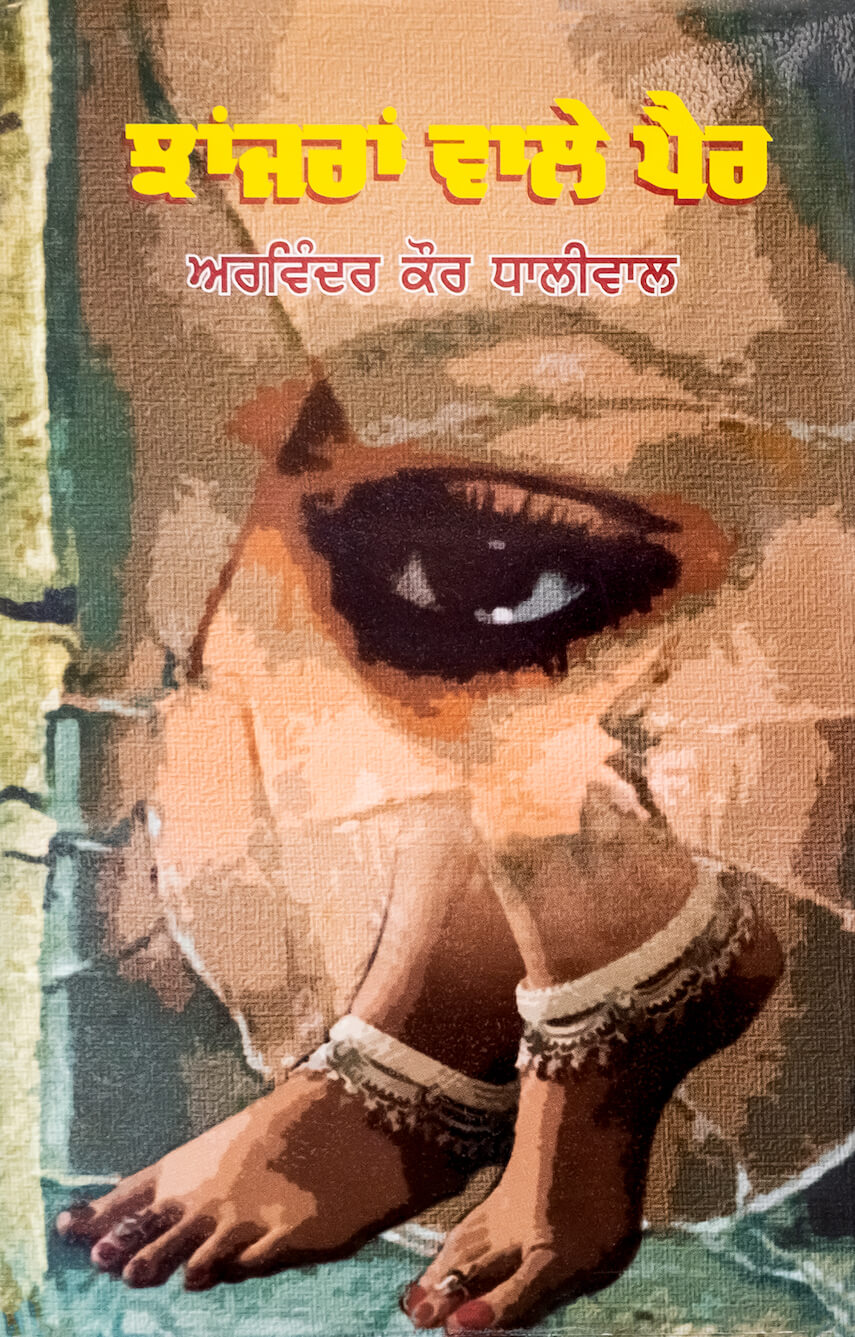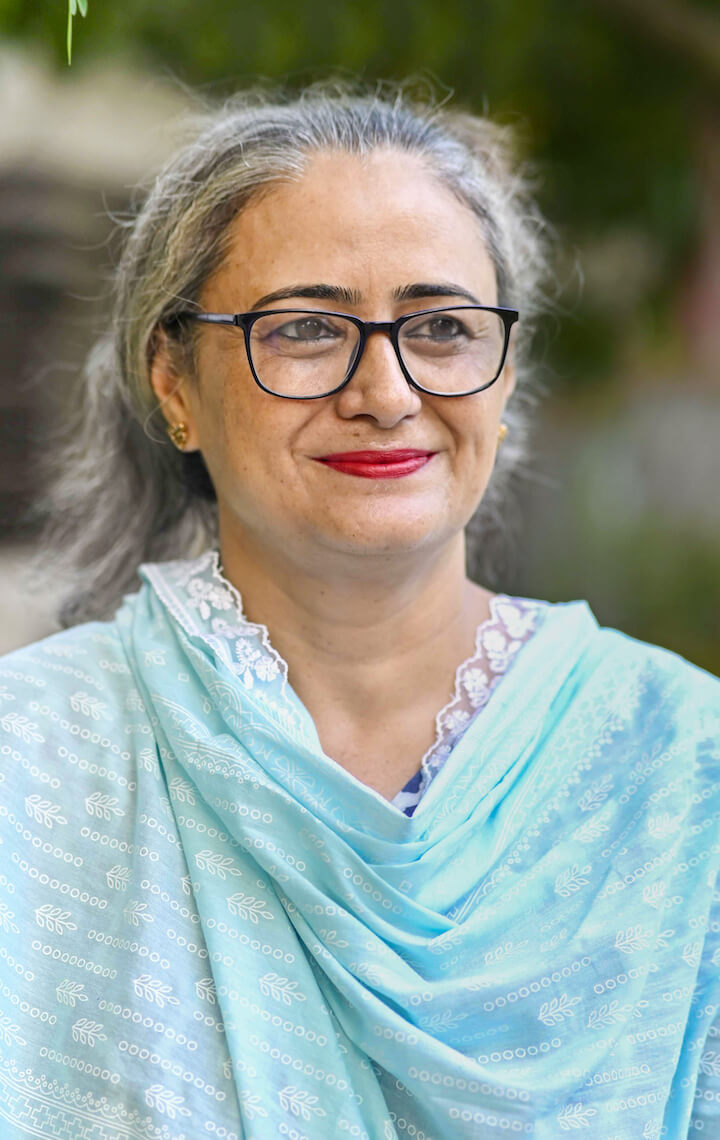 The broad theme of Arvinder Kaur Dhaliwal’s ten stories is the world of complex relationships between men and women marked by romance, love, loyalty, deceit, duty, obligation, betrayal, lust, and depraved sexuality. These are emotionally demanding subjects, even draining, but she deals with them with great restraint and lucidity, never surrendering to the temptations of sentimentalism and overstatement.
The broad theme of Arvinder Kaur Dhaliwal’s ten stories is the world of complex relationships between men and women marked by romance, love, loyalty, deceit, duty, obligation, betrayal, lust, and depraved sexuality. These are emotionally demanding subjects, even draining, but she deals with them with great restraint and lucidity, never surrendering to the temptations of sentimentalism and overstatement.
Some of these stories such as ‘Lip Gloss,’ ‘Neela Morana Wali Chaddar’ and ‘Hash Tag’ may be shocking to the reader with a traditional view of social norms within a closed culture. One story portrays the unthinkable depth of human depravity where male undertakers sexually assault dead female bodies in their care. This story reminds one of Saadat Hasan Manto’s classic story ‘Thanda Gosht’.
These stories are astonishing feats of moral and artistic audacity. The author goes where not just angels, but demons too fear to tread. Her point of view is a woman’s. And precisely for this reason her narration achieves a universal resonance that goes beyond gender, class, and caste to reveal the human core.
Dhaliwal demonstrates her mastery of the art of implication in the dialogue crafted in the story titled ‘Jhanjaran Wale Paer’. One character’s words amply evoke the other’s presence. The idiom is ‘caught’ on the go, as if. And the spoken words engender whole, breathing, writhing characters.
There is a rare brilliance in her writing as:
“One is reminded of Hemingway’s skill in scooping out pregnant narrative silences.” -Central jury

